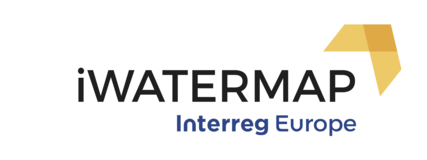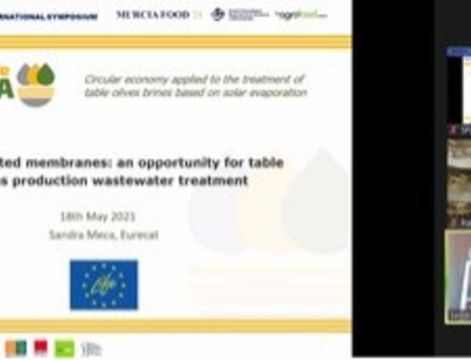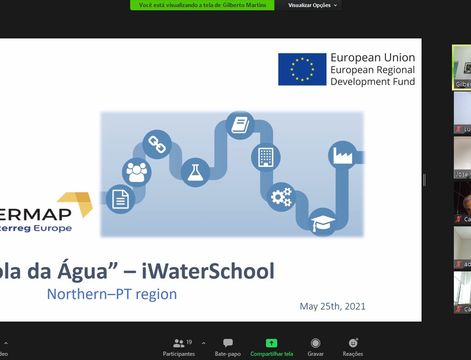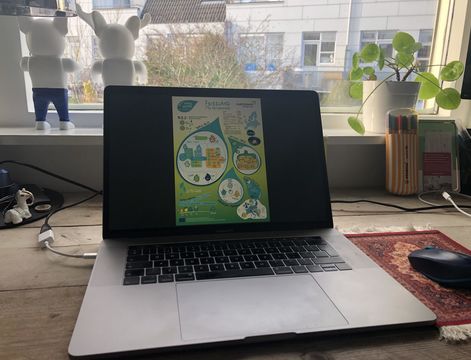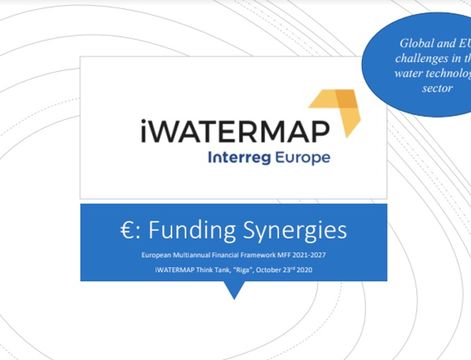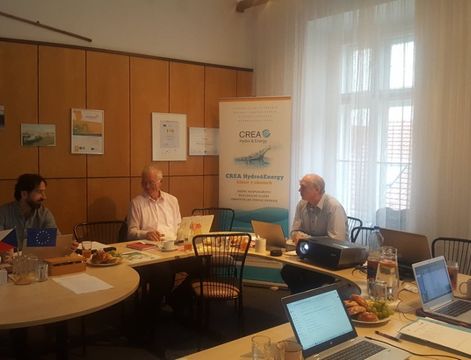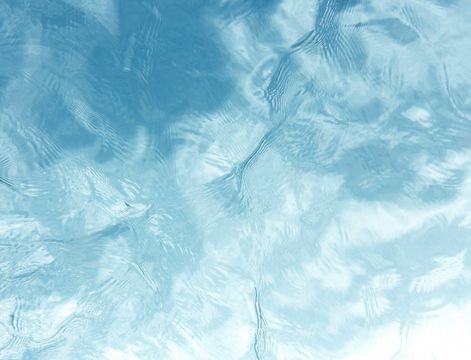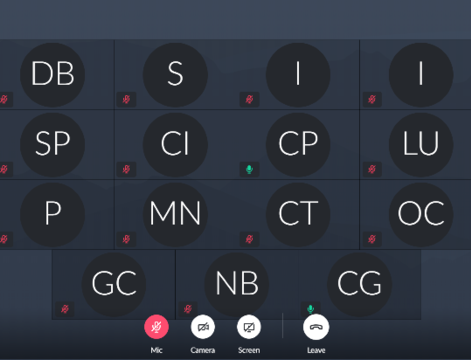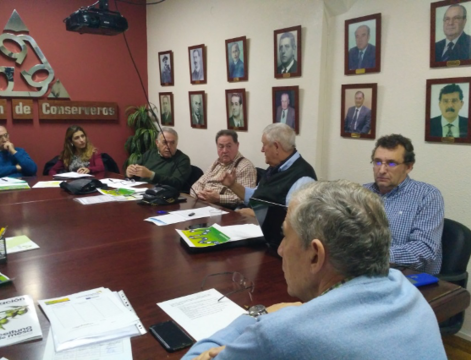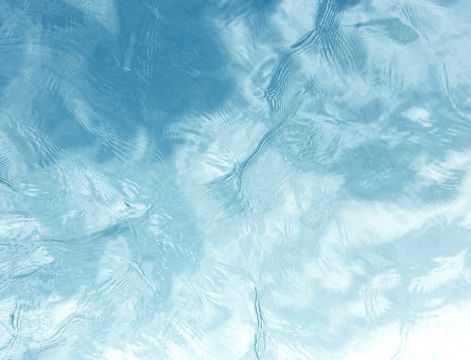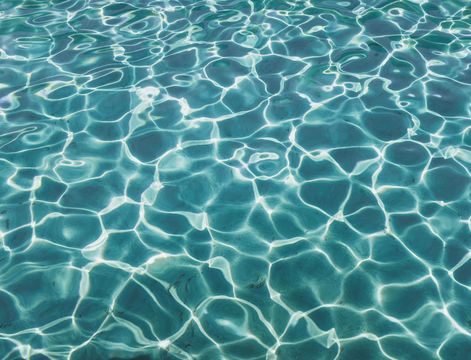After a short proposal round, Pieter de Jong will give a presentation on the content of the iWATERMAP project. Watch the interview with Pieter de Jong about the meeting right here.
Subsequently Roelof Jansma of the Northern Netherlands Association (SNN) hold a presentation on the current OP-ERDF North Netherlands 2014-2020. At present several ERDF subsidies can be applied for:
• Valorisation
• Innovation
• Knowledge development
• Living labs and
• Human Capital.
The application period for submitting a grant has been extended to 30 April 2019. An expert committee is being set up to take care of the substantive evaluation of the submitted subsidy applications. They advise the managing authority on the granting of the subsidy. They do this on the basis of the nationally agreed selection criteria such as: degree of innovativeness, market potential of the business case and sustainability. In the previous period, we worked with an administrative steering committee.
A positive development is that the subsidy applications increasingly come into being in dialogue with the stakeholders. For the current period, 103 million is available from the ERDF and 18 million from the government (co-financing). In the previous period, 170 million was available from ERDF. There is still a large budget available at the moment. Around 50 million is not yet intended. New applications for an ERDF subsidy are possible until 2020. Implementation may take place until 2023. Discussion will then take place to see if the possibilities may also be stretched if it turns out that the funds are insufficiently used. According to Pieter, that would be possible. The percentage of subsidy applications that are awarded is currently around 70%. It is indicated that large companies (such as Paques) fall outside the schemes because they are not SMEs. Roelof Jansma indicates that Paques can use SNN-specific schemes.
The question of how the current instruments can be more efficient is particularly pointed out to the role of communication; to raise awareness of the opportunities for SMEs. René Rozendal draws attention to the possibilities to subsidize one to one projects. Sometimes there may be projects where there is no need for project partners. With regard to the call Human Capital, it is an important condition that it must be a "new" project. There is some discussion about what should be understood by "new". This is understood to mean new for the Northern Netherlands. To influence new regulations, we ask what can be improved and whether there are any wishes. It is stated that the wishes are known for 90%. Egbert and Martijn will elaborate this (1 A4) and deliver it to SNN before 19 January 2019. The following questions and wishes are then added:
• How involve companies better?
• Matchmaking / testing grounds. How to maintain an innovation ecosystem? For example via calls (Brussels / EU). How do different programs in Brussels work?
• Use technology also in the region. So also look for more connection with SMEs. What is the need for SMEs? Apply this actively to SMEs.
• Stronger bets on starters.
• Link business to starters.
• Encouraging entrepreneurship more strongly in education.
• Widening projects with other themes (cross overs) CE / Screen is mentioned.
It should be noted that an evaluation by the University of Groningen has shown that a higher subsidy percentage generates better projects. It is asked whether the development of a bachelor of water technology (eg by NHL Stenden) could also receive a contribution from the Call Human Capital. It is indicated that this is one of the possibilities. It is indicated that a so-called matrix meeting is organized once every five weeks. During this consultation projects that are under development are discussed. These are projects with a size larger than € 100,000. Resources are also available for the development of such projects. A maximum of € 25,000 is available per project. The matrix consultation can also be used by potential project applicants for the input of a request for help. The question of whether the current stakeholders want to stay involved with iWATERMAP is answered positively. However, it is noted that more companies will be involved next time. A next stakeholder meeting on the follow-up to ERDF will be organized in April / May 2019.
